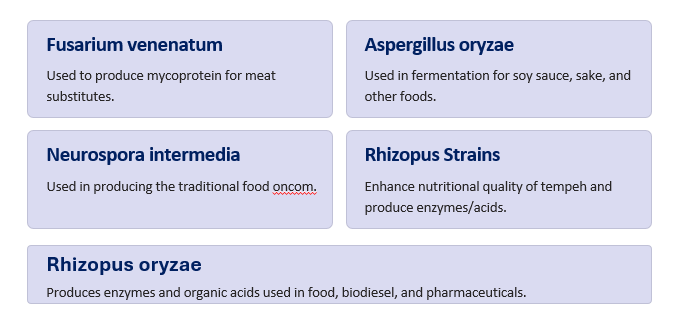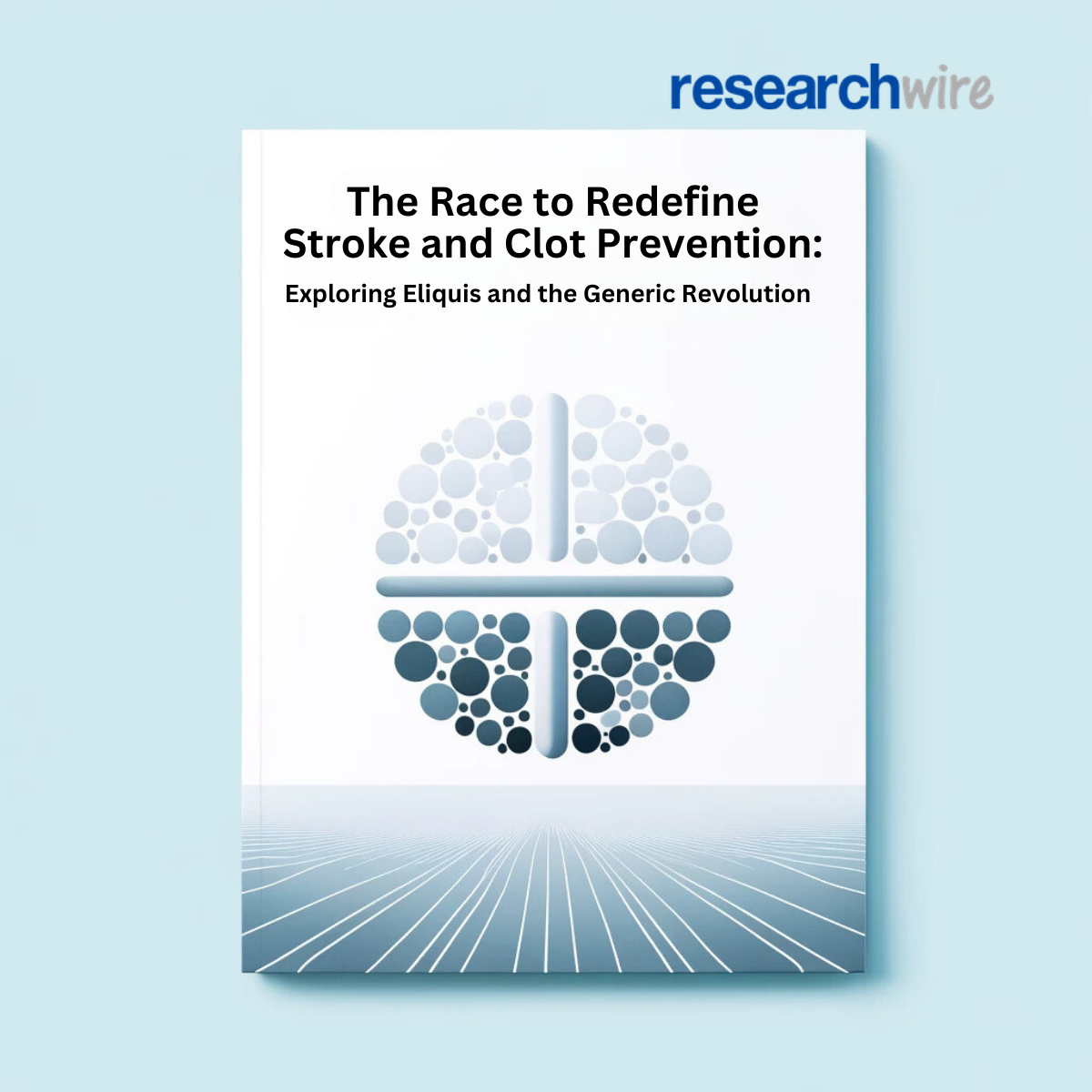Scouting Suppliers and Labs for Edible Fungi Strains and Testing
Executive Summary
This white paper presents Researchwire’s approach to scouting suppliers and laboratories for sourcing and testing edible fungi strains. The project aimed to identify partners for providing fungal strains and conducting detailed nutritional and toxin analysis. This paper outlines the methodologies, key findings, and the successful project execution, emphasizing its impact on the client’s strategic goals.
Introduction
Edible fungi have been consumed for both food and medicinal purposes due to their high protein content, essential amino acids, dietary fiber, and low fat. This paper focuses on the scouting and testing of edible fungi strains, which have significant applications in the food and pharmaceutical industries.
Context and Subject Matter
Edible Fungi and Their Applications
Edible fungi such as Fusarium venenatum, Aspergillus oryzae, Neurospora intermedia, Rhizopus oligosporus, and Rhizopus oryzae are valued for their nutritional content and utility in producing meat alternatives and fermented foods.

Overview of the Fungal Value Chain
Strain Selection:Determines properties of derived ingredients.
Production through Fermentation:Liquid-state or semi-solid-state fermentation for yeast and filamentous fungi, solid-state fermentation for fruiting bodies.
Downstream Processing:Harvesting, RNA removal, sterilization, and extraction of functional ingredients like proteins, enzymes, and chitin.

Project Objectives
Scope of the Solution
1. Sourcing Fungi for Commercial Use:
-
- Identify suppliers of different edible fungi strains.
- Ensure availability and delivery of specific strains to India and Sweden.
2. Producing and Testing Edible Fungi:
-
- Identify laboratories capable of producing and testing fungi strains.
- Conduct nutritional and toxin analysis.
3. Patent Preparation:
- Draft a patent document based on novelty search results.
Testing Parameters

Methodology
Data Identification and Workflow
1. Entity Identification:
- Utilize secondary and primary research to create a unified list of relevant entities.
Validation and Analysis:
- Validate the list through detailed analysis and direct communication.
- Classify entities based on their relevance to the project scope.
Visualization and Reporting
- Use tools like Tableau, Power BI, Microsoft Excel, and MS PowerPoint for data visualization.
- Present results in detailed reports highlighting the main findings and potential collaboration partners.
Key Findings
Potential Suppliers and Laboratories
Researchwire identified potential suppliers and laboratories capable of meeting the project’s requirements. Entities were evaluated based on their ability to provide specific fungal strains and conduct detailed nutritional and toxin analysis.
Detailed Analysis of Fungal Strains
The study provided insights into the nutritional composition, growth conditions, and commercial applications of each fungal strain. This information is crucial for selecting suitable strains for further development and testing.
Conclusion
The project successfully identified and validated potential suppliers and laboratories for sourcing and testing edible fungi strains. Researchwire’s comprehensive analysis and strategic recommendations were well-received by the client, enabling them to move forward with their objectives. The detailed insights provided by Researchwire will help in forming valuable collaborations and advancing the development of sustainable, high-protein food products.
Researchwire remains dedicated to delivering high-quality, comprehensive analyses that support strategic decision-making and innovation in the food and biotechnology industries. The successful execution of this project exemplifies our expertise and commitment to our clients’ goals.
For further details and to access the complete report, please contact Researchwire.
Resources - Case Study
Warning: Undefined variable $post in /home1/reseasxi/public_html/wp-content/themes/salient-child/functions.php on line 766
Warning: Attempt to read property "ID" on null in /home1/reseasxi/public_html/wp-content/themes/salient-child/functions.php on line 766
Warning: Undefined variable $post in /home1/reseasxi/public_html/wp-content/themes/salient-child/functions.php on line 770
Warning: Attempt to read property "ID" on null in /home1/reseasxi/public_html/wp-content/themes/salient-child/functions.php on line 770
Pharma-Biotech
Warning: Undefined variable $post in /home1/reseasxi/public_html/wp-content/themes/salient-child/functions.php on line 766
Warning: Attempt to read property "ID" on null in /home1/reseasxi/public_html/wp-content/themes/salient-child/functions.php on line 766




